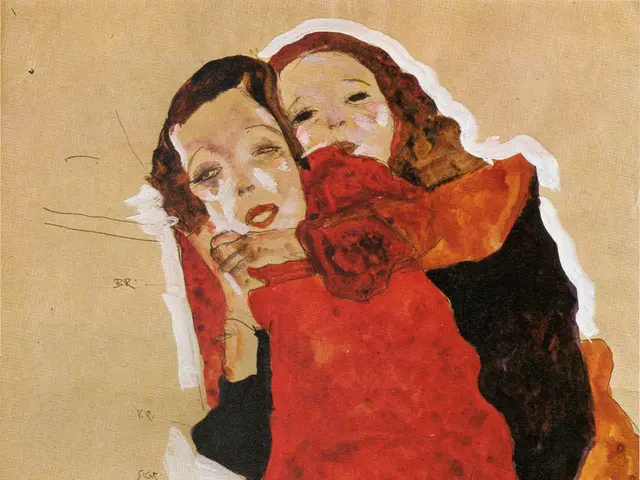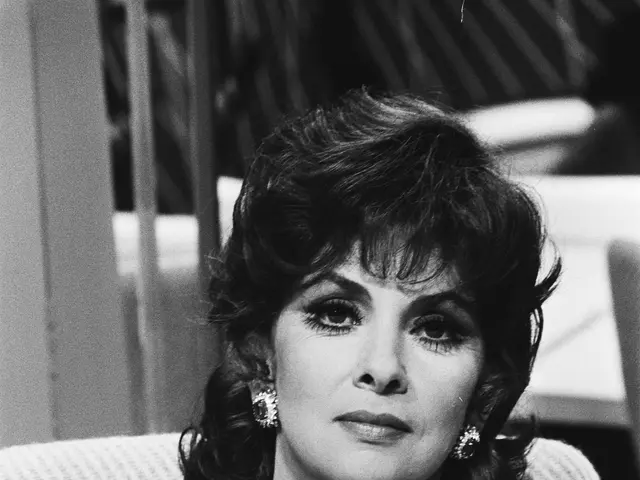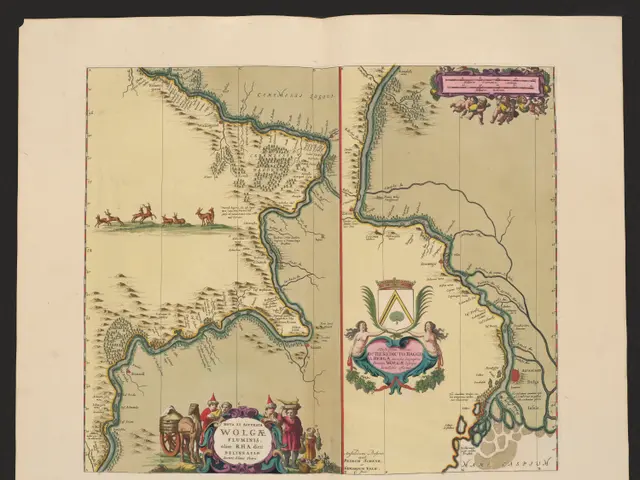Nepal's political landscape following violent demonstrations leading to the PM's resignation.
Nepal is currently grappling with prolonged political chaos, as the resignation of Prime Minister K.P. Sharma Oli has set off a series of events that could potentially reshape the country's political landscape.
The crisis began last week when Nepal imposed a sweeping nationwide ban on 26 "locally unregistered" social media platforms, including Facebook, YouTube, LinkedIn, and WhatsApp. This move was met with widespread protests, particularly among the Gen Z youth, who saw it as an attempt to silence criticism and a form of censorship. The protests escalated into violence, resulting in at least 19 deaths and about 150 injuries.
The unrest was further fuelled when Oli stepped down on Tuesday, citing the adverse situation in the country in his resignation letter. His resignation was due to the violent anti-government protests that ensued following the social media ban.
Amnesty International Nepal strongly condemned the unlawful use of lethal and less-lethal force by law enforcement during the protests. Rights groups have also called for accountability and an independent investigation into the violence.
The recent violence has prompted several foreign embassies to issue a joint statement urging all parties to exercise maximum restraint, avoid further escalation, and ensure fundamental rights are protected. India, a neighbouring country, has also expressed hope that all relevant actors in Nepal will exercise restraint and resolve issues through talks.
As for the way forward, one viable option is for the president to call for a comprehensive national consensus government. This government, it is suggested, should acknowledge the demands of the Gen Z youths through their representation in the dialogue.
However, there is no clear constitutional provision for what should happen next in such circumstances. Critics have slammed the move towards a national unity government as an "assault on free expression" and an attempt to stifle dissent and opposition voices.
The appointment of Nepal's first female prime minister, Sushila Karki, marks a historic political shift in the country. It remains to be seen how she will navigate the challenging political waters ahead and steer Nepal towards a more stable and peaceful future.
Read also:
- United States tariffs pose a threat to India, necessitating the recruitment of adept negotiators or strategists, similar to those who had influenced Trump's decisions.
- Weekly happenings in the German Federal Parliament (Bundestag)
- Southwest region's most popular posts, accompanied by an inquiry:
- Discussion between Putin and Trump in Alaska could potentially overshadow Ukraine's concerns








